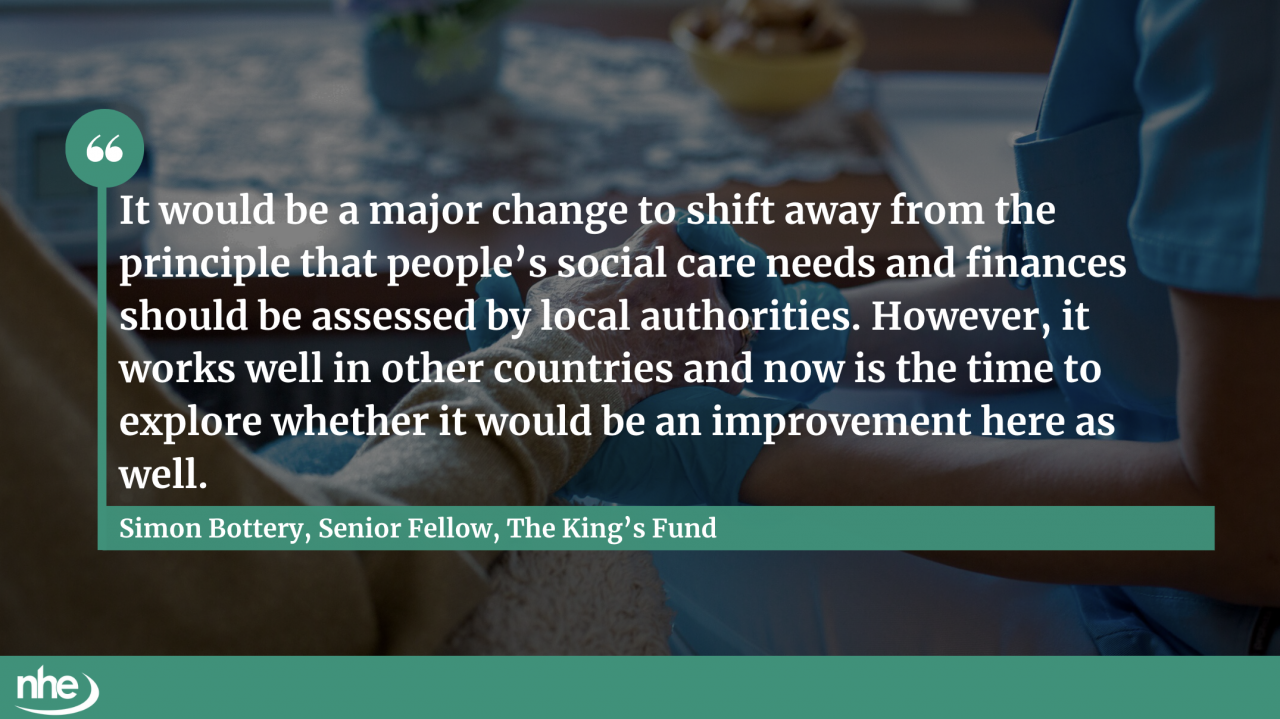The King’s Fund has called on the Casey Commission to consider introducing a national system for assessing social care needs in England, in a move that could reduce regional disparities and improve access to care.
In its new report, Fixing Social Care: The Six Key Problems and How to Tackle Them, the think tank highlights the postcode lottery created by the current system, where local authorities carry out their own assessments using national criteria. This has led to wide variation in who receives care and how much support is provided.
The report recommends exploring models used in Australia, Germany and Japan, where national assessment systems offer greater consistency, efficiency, and reduced rationing due to local budget constraints.
It also calls for more generous public funding, including a cap on care costs, consideration of free personal care, and a social insurance model such as that used in Germany.
The King’s Fund has identified six major issues facing the sector:
- Access to care
- Quality of services
- Workforce pay and recruitment
- Market fragility
- Disjointed care systems
- Regional inequality in access and performance
Other key proposals include a shared funding model between individuals and the state, a review of NHS Continuing Healthcare, which plays a critical but overlooked role, and supporting the Fair Pay Agreement.
The King’s Fund Senior Fellow and author of the report, Simon Bottery, said:
“It would be a major change to shift away from the principle that people’s social care needs and finances should be assessed by local authorities. However, it works well in other countries and now is the time to explore whether it would be an improvement here as well.
“The Casey Commission should consider this and other ideas in this report. However, there is also much that the government could do in the meantime ahead of the commission reporting, including ensuring that local authorities have the finances they need to run the current system fairly and effectively.”

The report has urged the Casey Commission to take bold steps to create a resilient, fair and sustainable social care system, ensuring that no one is left behind due to where they live or their financial circumstances.
Image credit: iStock



















